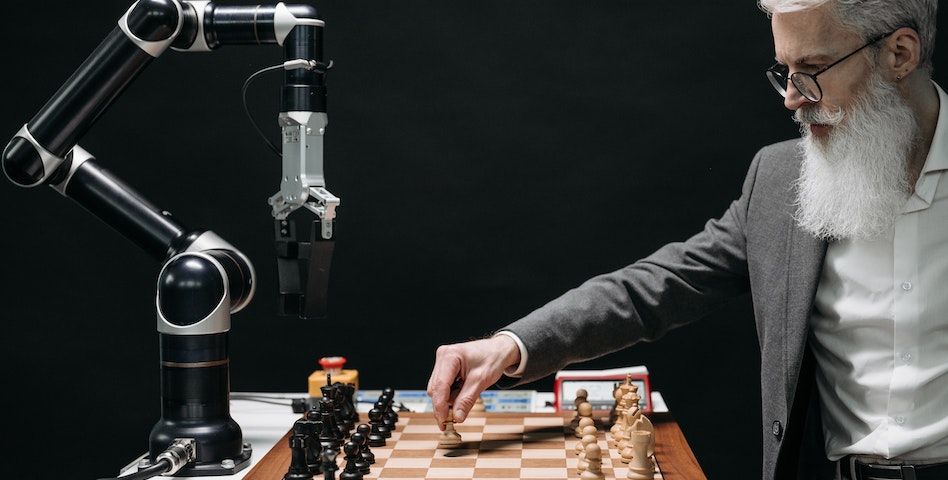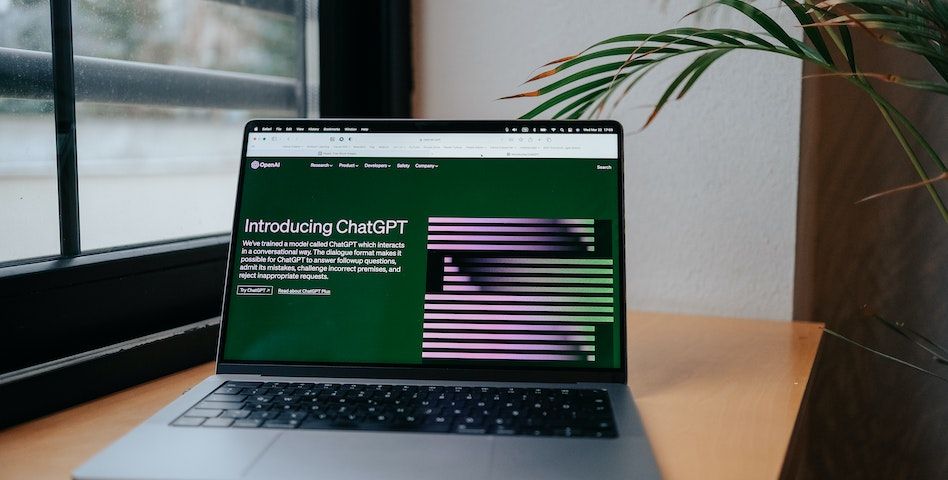Is AI a Threat to Manual Jobs?
One of the concerns surrounding AI is whether it poses a threat to manual jobs. In this blog, we will explore this question and analyze the potential impact of AI on manual labor jobs.

Artificial Intelligence (AI) has been changing the way we live and work, and there is no denying that it has been making an impact on the job market. One of the concerns surrounding AI is whether it poses a threat to manual jobs. In this blog, we will explore this question and analyze the potential impact of AI on manual labor jobs.
What is AI?
Before we delve into the potential threat that AI poses to manual jobs, let's first define what AI is.
Wait..what????
AI is a technology that enables machines to learn from data and make decisions based on that learning. It includes machine learning, natural language processing, and other cognitive technologies that simulate human intelligence.
How AI is changing the job market?
AI is changing the job market in several ways. It is making some jobs obsolete while creating new ones. AI is automating routine tasks, which are often manual in nature. This means that jobs that involve repetitive tasks, such as data entry, assembly line work, and packaging, are at risk of being replaced by machines.

We have new opportunities too!
On the other hand, AI is also creating new job opportunities. As machines take over routine tasks, humans can focus on higher-level tasks that require critical thinking and problem-solving skills. For example, in the field of medicine, AI is being used to analyze patient data and develop treatment plans. This frees up doctors to spend more time with patients and provide better care.
Impact of AI on Manual Jobs
Manual jobs are those that involve physical labor and are often repetitive in nature. Examples include factory work, assembly line work, and construction. These jobs are at risk of being replaced by machines that can perform the same tasks more efficiently and at a lower cost. As AI becomes more advanced, it can perform tasks that were previously thought to be too complex for machines, such as driving trucks or diagnosing medical conditions.
But there's an another side too!
However, it's important to note that not all manual jobs are at risk of being replaced by AI. There are some jobs that require human dexterity and cognitive skills that are difficult for machines to replicate. For example, jobs that require creativity, problem-solving, and emotional intelligence are less likely to be automated.
The Future of Manual Jobs
The future of manual jobs is uncertain, but it's clear that AI will continue to impact the job market.
- As machines become more advanced, they will be able to perform tasks that were previously thought to be impossible for machines.
- This means that some manual jobs will become obsolete, and new ones will be created.
- It's important for individuals to adapt to these changes and acquire new skills that are in demand in the job market. For example, learning how to code or becoming proficient in data analysis can open up new career opportunities.
- It's also important for governments and organizations to invest in education and training programs that equip people with the skills they need to thrive in the age of AI.
Famous AI tools that can take over jobs
There are several AI tools that have the potential to take over manual jobs. Some of the most famous ones include:

Robotics
Robots can perform physical tasks such as welding, painting, and assembly line work. They are becoming more sophisticated and are being used in a variety of industries, from manufacturing to healthcare.
Chatbots
Chatbots are being used to automate customer service tasks, such as answering common questions and providing support. This can free up human customer service representatives to handle more complex issues.
Autonomous vehicles
Self-driving cars and trucks have the potential to revolutionize the transportation industry. They can operate 24/7, reduce the cost of transportation, and improve safety on the roads.
Do you think AI will take over the job market in the next 5 years?
It's difficult to predict exactly how the job market will be impacted by AI in the next 5 years. While some jobs are at risk of being automated, others are likely to remain in demand. This means that while some jobs will be lost, new ones will be created to replace them.
So, then what?
It's also worth noting that the impact of AI on the job market will vary depending on the industry and the type of job. For example, jobs that require creativity, emotional intelligence, and human interaction are less likely to be automated. In contrast, jobs that involve routine tasks and manual labor are more likely to be automated.

Overall, it's important for individuals to stay informed about the latest developments in AI and the job market, and to invest in the skills that will be in demand in the future. By doing so, they can position themselves for success in the age of AI.
Conclusion
In conclusion, AI is changing the job market in significant ways, and manual jobs are not immune to these changes. While some manual jobs are at risk of being replaced by machines, others will remain in demand. It's important for individuals and organizations to adapt to these changes and invest in the skills that are needed in the job market. With the right education and training, people can thrive in the age of AI and take advantage of the new opportunities that it creates.